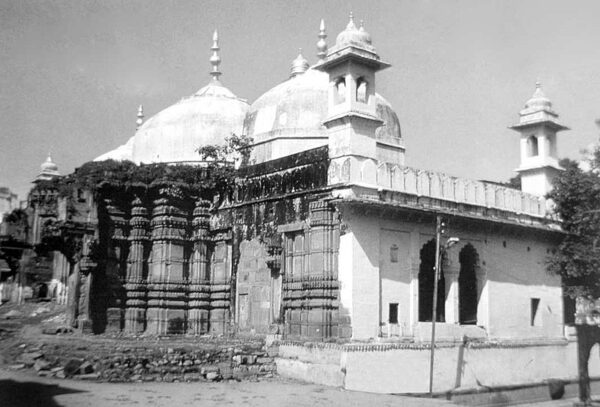Allahabad High Court greenlights ASI survey of Gyanvapi mosque complex
In a sensational twist to the highly charged Gyanvapi mosque complex controversy, the Allahabad High Court has upheld the Varanasi district court’s order to allow the Archaeological Survey of India (ASI) to conduct a survey of the historical site. The bench, headed by Chief Justice Pritinker Diwaker, dismissed the Muslim side’s plea, emphatically stating that the district court’s decision was justified and the scientific survey necessary for justice.
A Rollercoaster Legal Battle
Previously, the apex court had placed a temporary halt on the Gyanvapi mosque survey in Varanasi, pending a detailed scientific investigation by the ASI. The contentious survey’s primary aim was to unravel the mystery surrounding the mosque’s location adjacent to the Kashi Vishwanath temple, and whether it was constructed atop an ancient temple.
The legal wrangling took a dramatic turn when the Allahabad High Court contradicted the previous directive by sanctioning the survey. Hindu representatives were exuberant, and Vishnu Shankar Jain, representing the Hindu side in the Gyanvapi survey case, announced the High Court’s decision to the media.

Legal battle intensifies: Allahabad High Court upholds survey order of Gyanvapi mosque. Photo courtesy of Oasis.54515/Wikimedia Commons.
The Heart of the Controversy: A Sacred Shivling or Fountain?
Fueling the fire of this intense legal and religious dispute is the Hindu claim of a hidden ‘shivling,’ a sacred religious structure within the mosque complex. They argue for their right to worship this holy symbol, while the Muslim representatives counter that the feature in question is merely a fountain.
The Court’s Order and its Implications
The Varanasi district judge’s order to ASI, issued on July 21 after an application from four Hindu women, has ignited this complex legal battle. Though the ablution pond area was excluded, the verdict has opened doors to an intricate web of religious and legal questions that may have far-reaching consequences.
Discover more from Business-News-Today.com
Subscribe to get the latest posts sent to your email.

